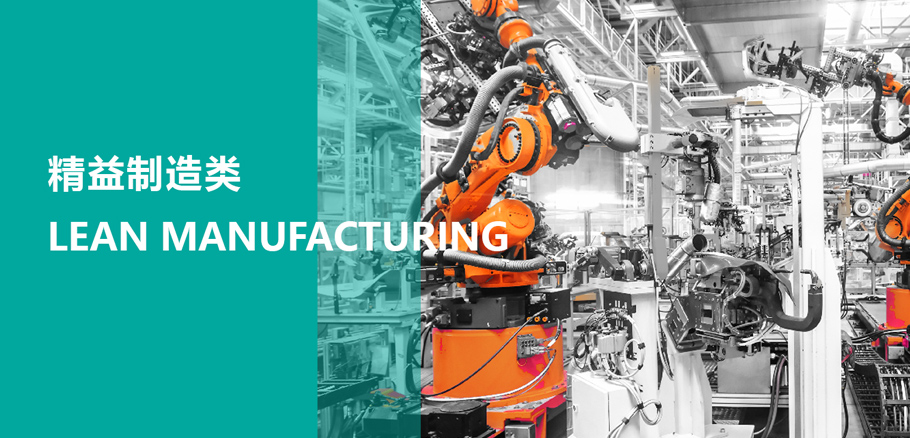Location:全国


Training background
The seven methods of quality control are the most basic and indispensable in quality management. They play an important role in the handling of quality problems and the preliminary collation of data. They are widely used in the management of manufacturing, service and business processes. Through the understanding of the seven methods, we can use simple and easy to understand methods to find the problems affecting product quality and tailor the medicine to the case.
Training object
All middle-level managers, quality controllers, production team leaders, production engineers, quality engineers, process engineers, QC team activity improvement promoters and other relevant personnel in the enterprise.
Training income
1. Master the concept of on-site quality control;
2. Master the direction of on-site quality improvement, improve the ability to analyze and solve problems;
3. Master the seven methods of quality control, and become a sharp weapon for you to solve on-site problems;
4. Master the collection method of on-site quality data to provide scientific basis for your decision;
5. Master the skills of analyzing the causes, and accurately solve the on-site problems;
6. Clarify the distribution of quality data, carry out reasonable process management, and create a stable production environment.
Training outline
Part I: Overview
What is quality?
What is management?
QM and on-site quality management
PDCA、CYCLE
The times change of quality management
Concept change of quality management
Purpose of applying QC technique
Mental state when using QC techniques
Part II: qc7 techniques 1 - layer method
Definition of layer method
Layered method
Layering considerations
Case presentation: hierarchical method
Part III: qc7 trick 2 - Checklist
Checklist definition and characteristic
Checklist classification
Manufacturing method of checklist
Case presentation: Checklist
Exercise: Checklist making and analysis
Part IV: qc7 techniques 3 - Plato
Plato's definition and characteristics
Plato's production method
Precautions for Plato's production
Plato's time of use
Plato's adaptive object
Practical exercise: making Plato based on known data
Part V: qc7 trick 4 - cause and effect diagram
Definition and characteristics of cause and effect diagram
Method of making cause and effect diagram
Brainstorming to explore the causes
Precautions for making cause and effect diagram
Where is the cause and effect diagram used?
How to use cause and effect diagram?
Practical exercise: cause and effect analysis for unclear copying by copier#
Practical exercise: analysis of the reasons for the high defect rate of the production line#
Characteristics and types of simple charts
Making method of column chart
Making method of curve
Area map making method
Method of making dot chart
Triangle drawing making method
Drawing coordinate making method
Precautions for simple chart making
Practical exercise: making a graph of the defective rate of the production line
Part VI: qc7 technique 5 scatter plot
Scatter chart definition and purpose
Making method of scatter chart
Correlation judgment of scatter plot
Precautions for making scatter chart
Part VII: qc7 technique 6 histogram
Definition and terminology of histogram
Histogram making method
Practical exercise: making histogram according to the data of a cannery#
Practical exercise: making histogram according to a company's wire sampling data#
Histogram usage
Functions and uses of histogram
Part 8: qc7 technique 7 - control chart
Definition and function of control chart
Control chart classification
Application steps of control chart
Case study: installed capacity control of a certain equipment#
Application of control chart
Practical exercise: draw control chart according to data#
Precautions for making control chart
Part IX: introduction to new qc7 techniques
Correlation diagram
System diagram
Affinity graph
Matrix
PDPC method
Arrow bar chart
Brainstorming


Tel:+86-400 821 5138
Fax:+86-21 3327 5843
Email:noa@noagroup.com